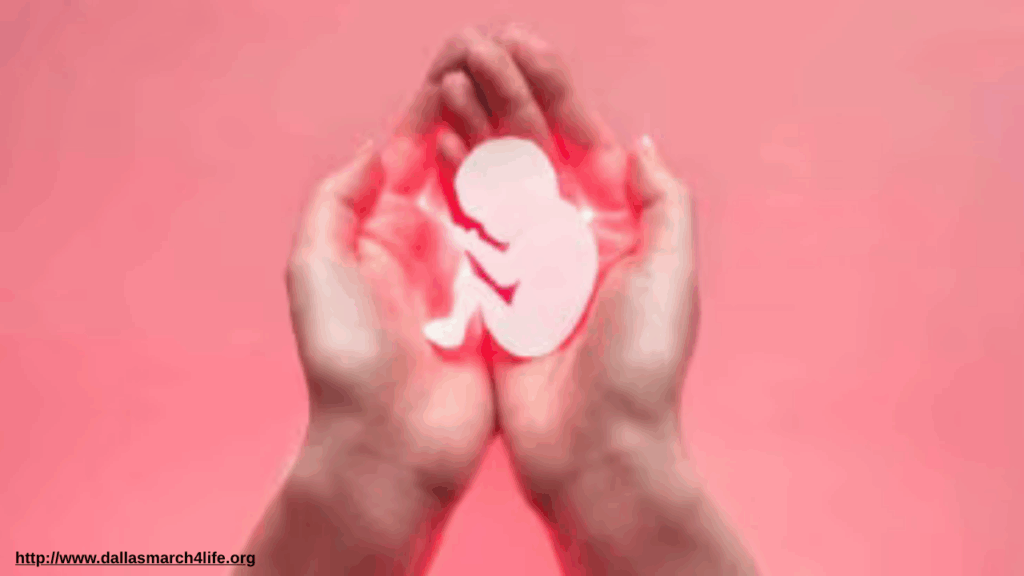
Abortion is a deeply personal and often complex decision. While much of the public discourse focuses on the short-term emotional responses to abortion, such as relief, sadness, or anxiety, questions often arise about the long-term psychological impact. Do women who have abortions suffer enduring emotional consequences? What does scientific research say about this issue? A review of reputable studies reveals that long-term psychological harm from abortion is rare and that a range of personal and social factors influence outcomes more than the procedure itself.
What the Research Shows
The most comprehensive research on the long-term psychological effects of abortion has been conducted over the past two decades. One of the most influential studies, the Turnaway Study by Advancing New Standards in Reproductive Health (ANSIRH), followed nearly 1,000 women over five years—some who received abortions and others who were denied due to gestational limits. The study found:
- No evidence of long-term mental health harm in women who received abortions.
- Higher levels of anxiety, stress, and lower self-esteem in women who were denied abortions, especially in the months following childbirth.
- Relief was the most commonly reported emotion immediately after the abortion, and negative emotions generally decreased over time.
These findings are consistent with conclusions from the American Psychological Association (APA), which has stated that for adult women who have an unplanned pregnancy, “the relative risk of mental health problems is no greater if they have an elective first-trimester abortion than if they carry the pregnancy to term.”
Key Influencing Factors
While abortion itself does not appear to cause long-term psychological problems, certain factors can influence how a woman copes emotionally in the months and years that follow:
- Pre-existing mental health conditions: Women who have a history of depression, anxiety, or trauma may be more likely to experience emotional distress post-abortion.
- Social support: Those with strong support networks tend to report better mental health outcomes.
- Cultural or religious beliefs: Personal values and community attitudes toward abortion can shape emotional responses.
- Circumstances of the pregnancy: Pregnancies resulting from rape, incest, or abusive relationships may lead to more complex emotional reactions, regardless of the pregnancy outcome.
Misconceptions and Stigma
Much of the stigma surrounding abortion is rooted in the belief that women inevitably suffer long-term emotional harm from the decision. However, research consistently refutes this notion. Misinformation about so-called “Post-Abortion Syndrome”—a term not recognized by any major medical or psychological association—can contribute to unnecessary fear and shame. This stigma can itself lead to emotional distress, particularly if women are discouraged from seeking support or discussing their experiences openly.
Conclusion
Decades of scientific research have shown that abortion does not cause long-term psychological harm for the majority of women. Emotional reactions vary, but when women are supported in their decision and receive compassionate care, they are more likely to experience stable or improved mental health over time. Reducing stigma and providing access to supportive resources remain key in helping women navigate their reproductive choices with confidence and well-being.